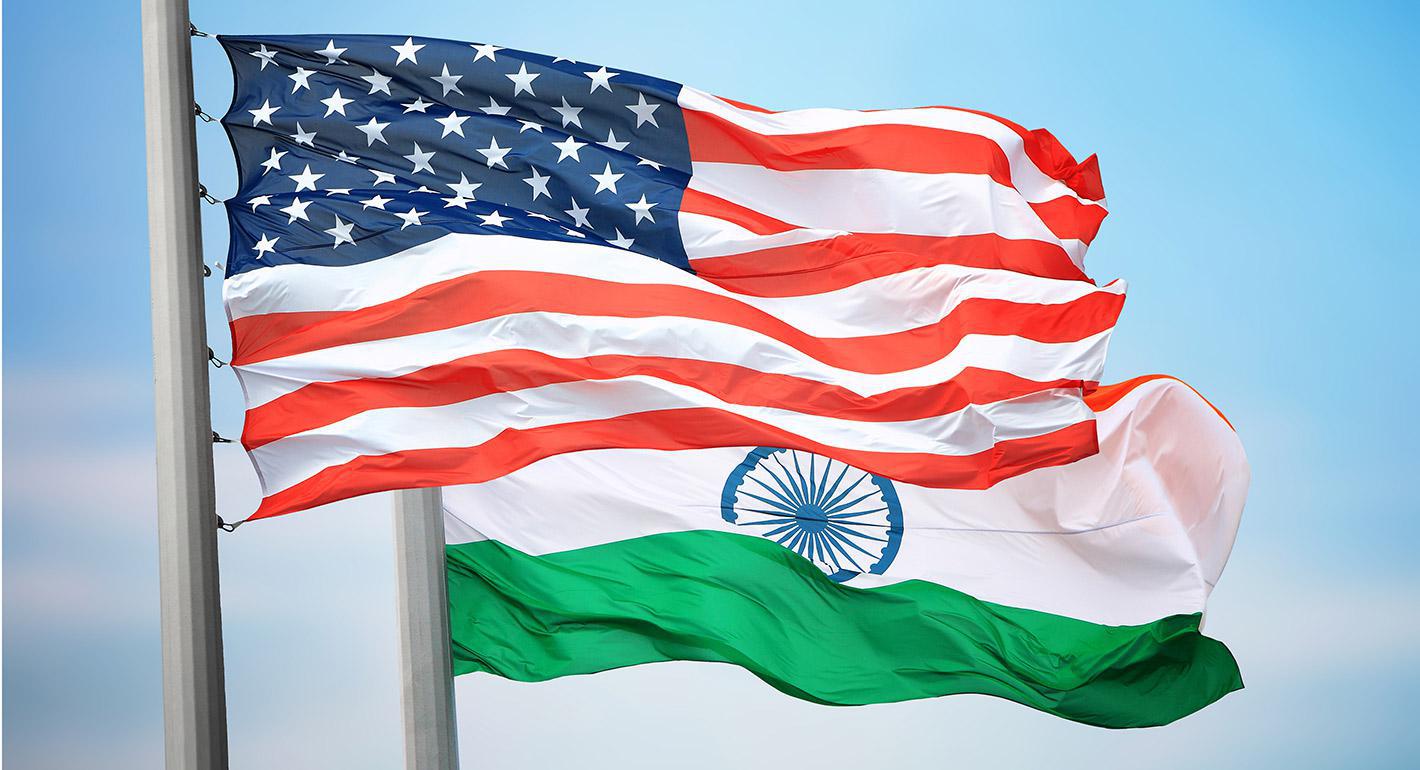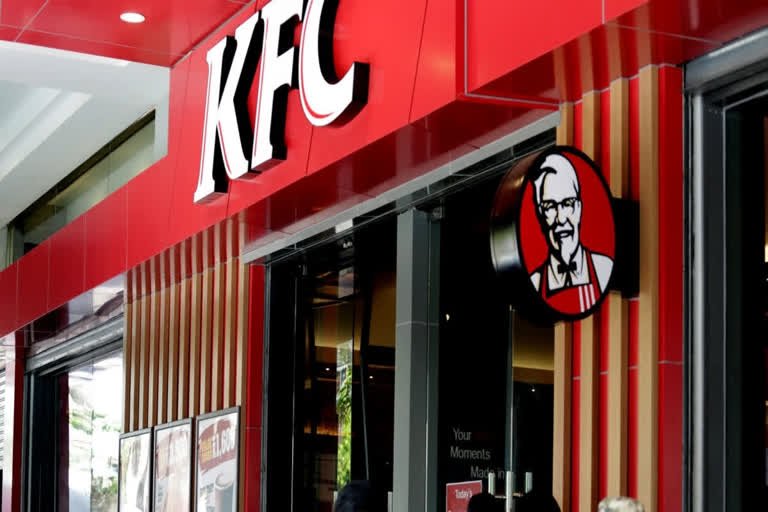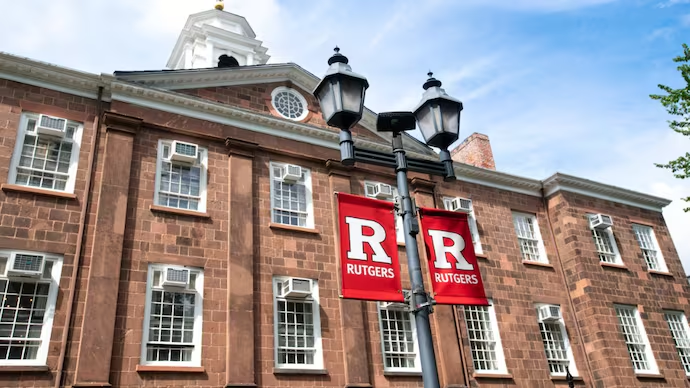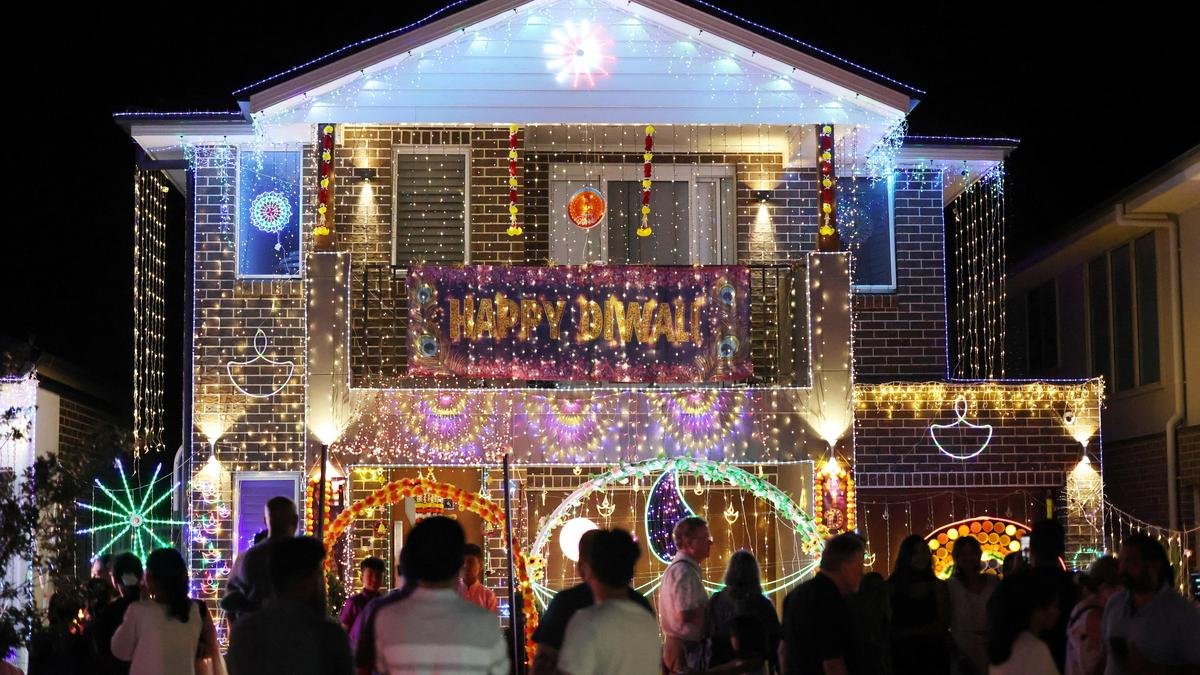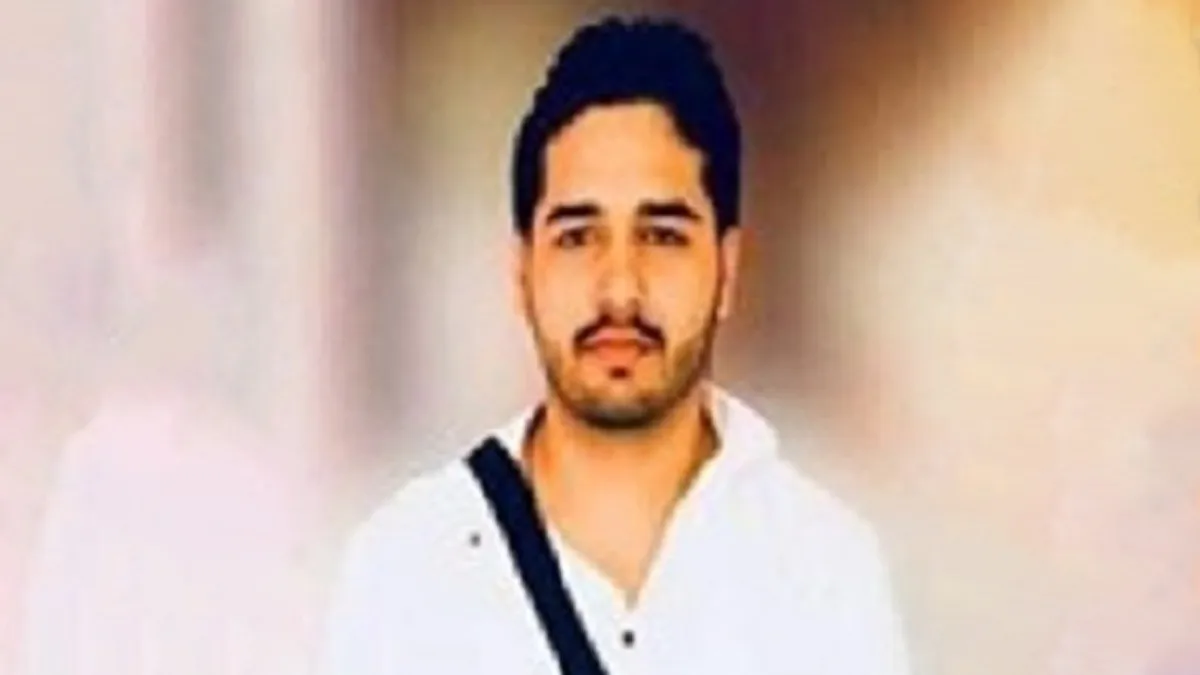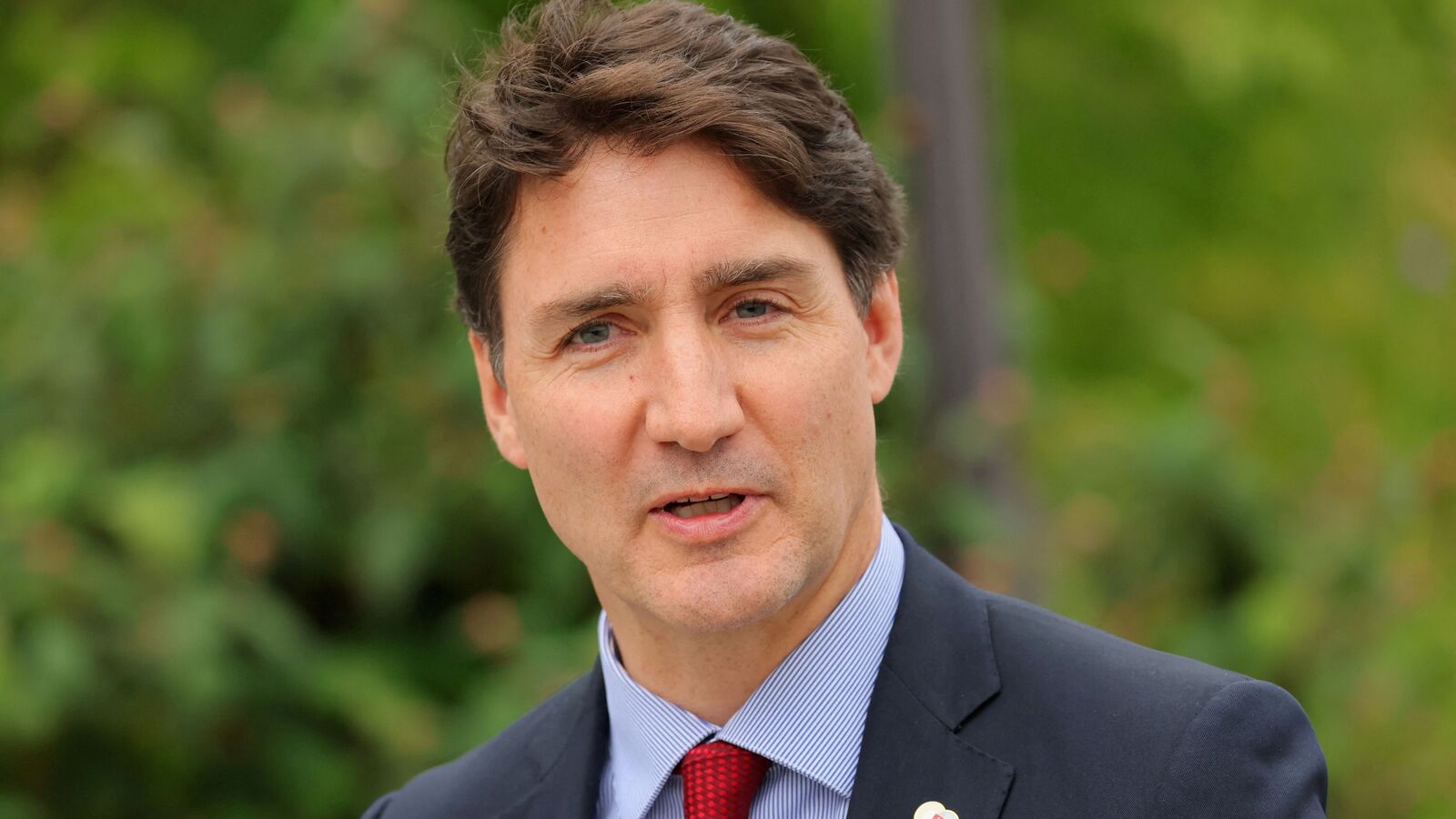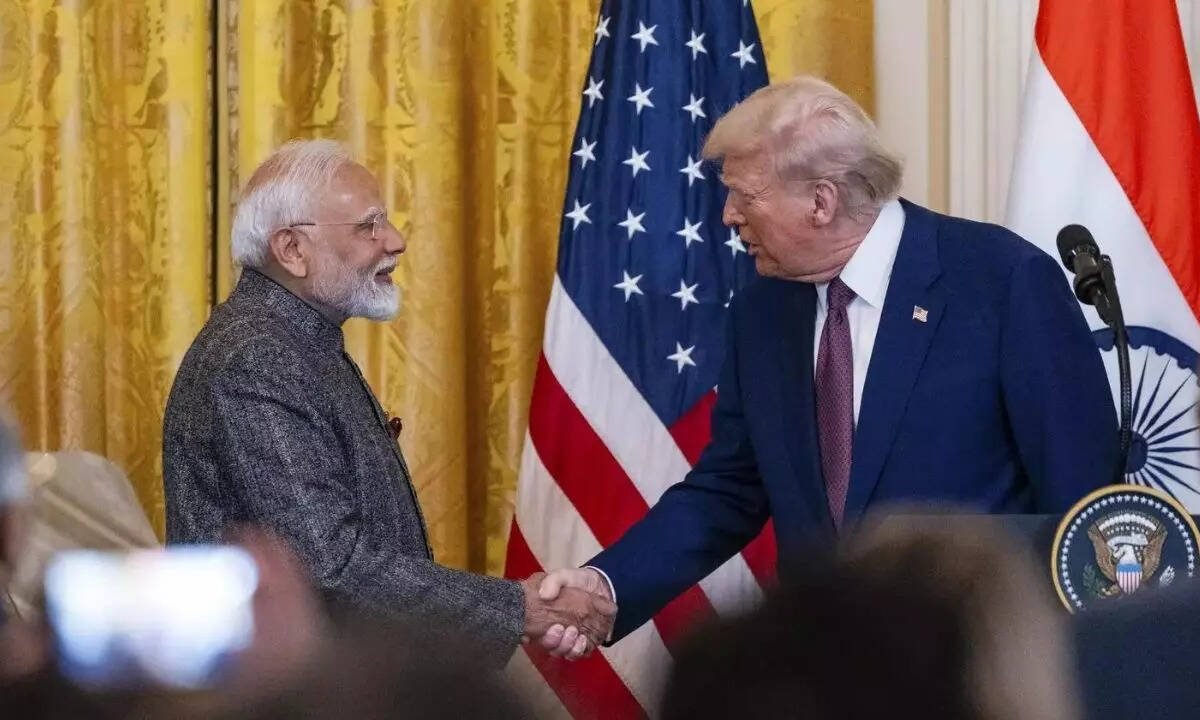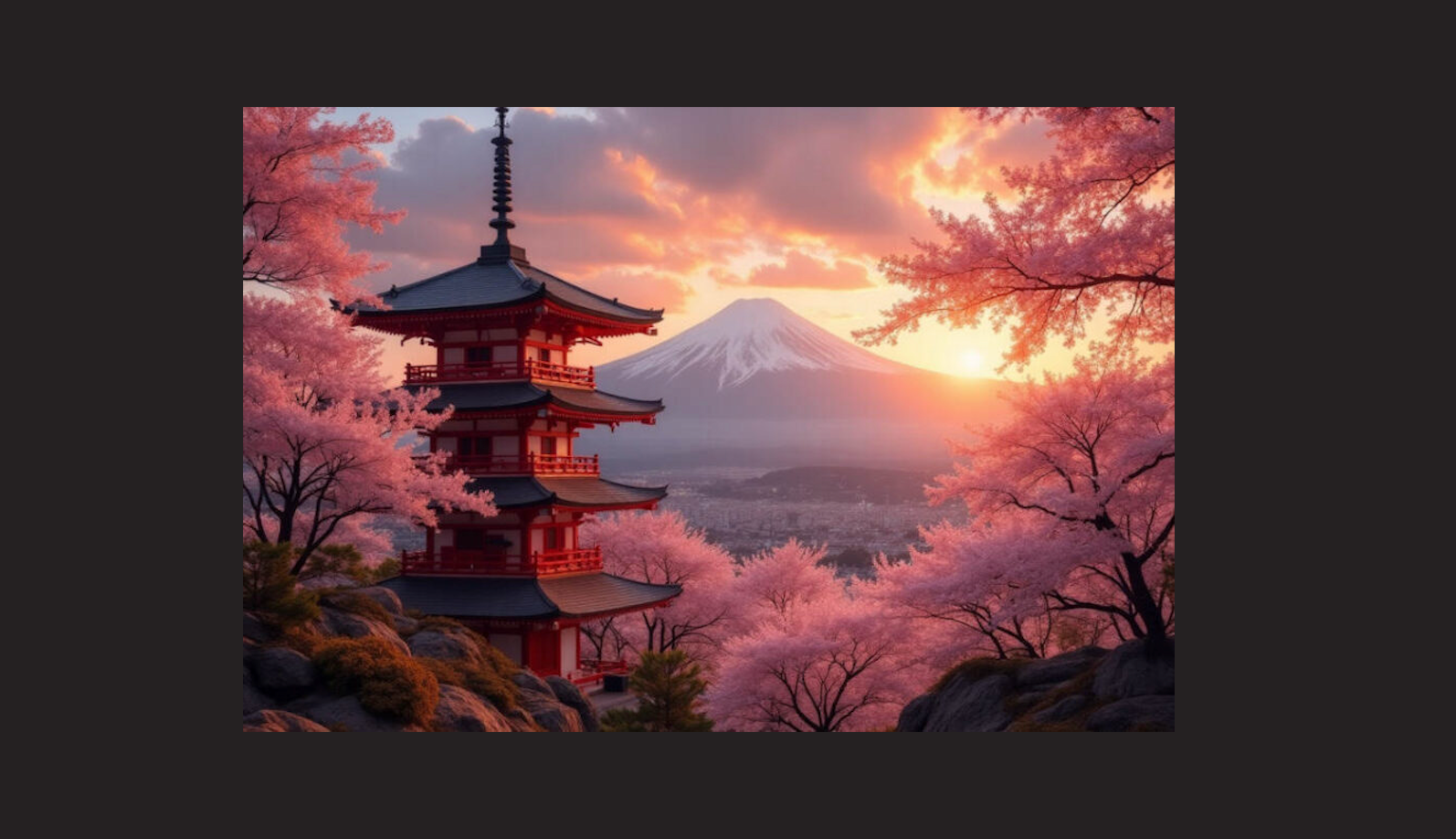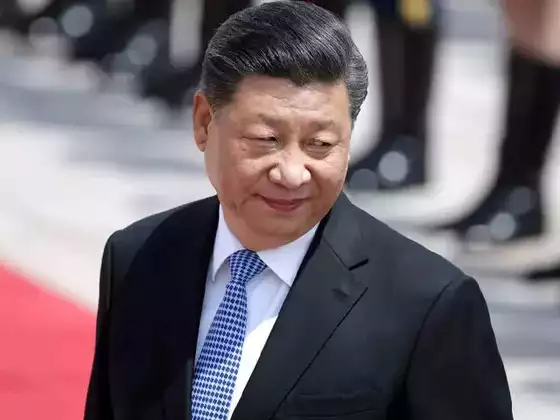-
While political milestones signify progress, the pervasive racism experienced by Indian Americans underscores a harsh reality: visible representation does not automatically translate to broader societal acceptance
-
Addressing this dual reality requires both systemic action and collective resilience from the community and its allies
Indian Americans are navigating a paradoxical moment in the U.S. While prominent figures like Kamala Harris, Vivek Ramaswamy, and Usha Vance have achieved national recognition, many South Asians are facing a troubling surge in racism and hate crimes, reported nbcnews.com.
According to a recent report by Stop AAPI Hate, anti-South Asian hate incidents have sharply increased since January 2023, doubling in frequency during the recent campaign season.
As political leaders gained visibility, everyday South Asians found themselves targeted by a wave of hostility. The report highlighted that threats of violence against Asian Americans rose by 17%, with South Asians disproportionately affected. Shockingly, 43% of South Asians reported experiencing hate incidents this year.
Manjusha Kulkarni, co-founder of Stop AAPI Hate, noted the diverse forms of discrimination. South Asians have been accosted on the streets, denied services, and subjected to slurs and threats. Statements such as “go back to India” or “dirty Indians” reflect the xenophobic sentiment brewing in various parts of the country.
The climate has evoked memories of the post-9/11 era when South Asians were often misidentified as threats and subjected to violent backlash
The rise of online hate further amplifies this issue. Analysis revealed a sharp increase in the use of anti-South Asian slurs on social media platforms, coinciding with major political events like the Democratic and Republican National Conventions. Prominent far-right figures have also contributed to this normalization of hate, with offensive remarks from high-profile activists drawing both condemnation and reinforcement within certain circles.
Experts suggest that the political prominence of Indian Americans, such as Harris and Usha Vance, has intensified scrutiny and discrimination. Pawan Dhingra, a professor of American studies, observed that political celebrity status often puts minority communities under a magnifying glass, leading to heightened racism.
Despite Harris’ groundbreaking career as the first Black and South Asian vice president, her campaign minimized references to her Indian heritage—a choice some believe stemmed from the polarized political climate. Similarly, Usha Vance, poised to become the first Indian American second lady, faced attacks from white supremacists after her husband JD Vance’s rise as vice president-elect.
Even Indian American politicians on the right, like Vivek Ramaswamy, have not been spared. Despite aligning with conservative policies, his identity has drawn criticism, with commentators openly expressing refusal to support him based on his ethnicity.
Ordinary South Asians, meanwhile, are grappling with fear and uncertainty. Incidents of verbal abuse, vandalism, and even physical attacks have surged, prompting many to hide aspects of their identity. Sona, a Georgia resident, recalled being verbally attacked by a neighbor brandishing a Trump flag. “I was petrified,” she shared, describing the hostile encounter.
The climate has evoked memories of the post-9/11 era when South Asians were often misidentified as threats and subjected to violent backlash. Many in the community now find themselves questioning the sustainability of the so-called American Dream. “There is no way they want to go back,” said Los Angeles resident Payal Sawhney, “but how do they explain to their families back home that the American Dream feels increasingly out of reach?”
***********************************************************
Readers
These are extraordinary times. All of us have to rely on high-impact, trustworthy journalism. And this is especially true of the Indian Diaspora. Members of the Indian community overseas cannot be fed with inaccurate news.
Pravasi Samwad is a venture that has no shareholders. It is the result of an impassioned initiative of a handful of Indian journalists spread around the world. We have taken a small step forward with the pledge to provide news with accuracy, free from political and commercial influence. Our aim is to keep you, our readers, informed about developments at ‘home’ and across the world that affect you.
Please help us to keep our journalism independent and free.
In these difficult times, running a news website requires finances. While every contribution, big or small, will make a difference, we request our readers to put us in touch with advertisers worldwide. It will be a great help.
For more information: pravasisamwad00@gmail.com

